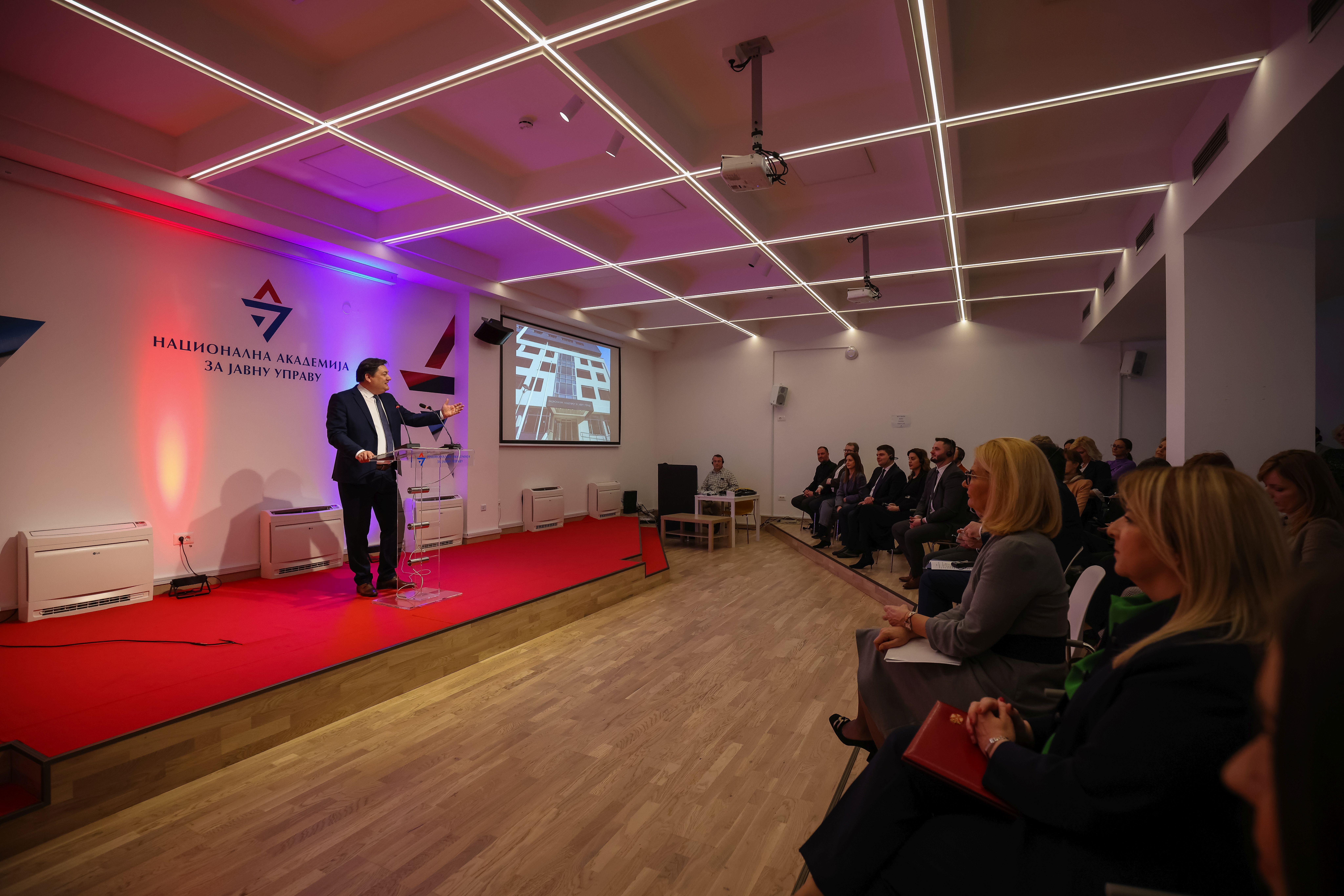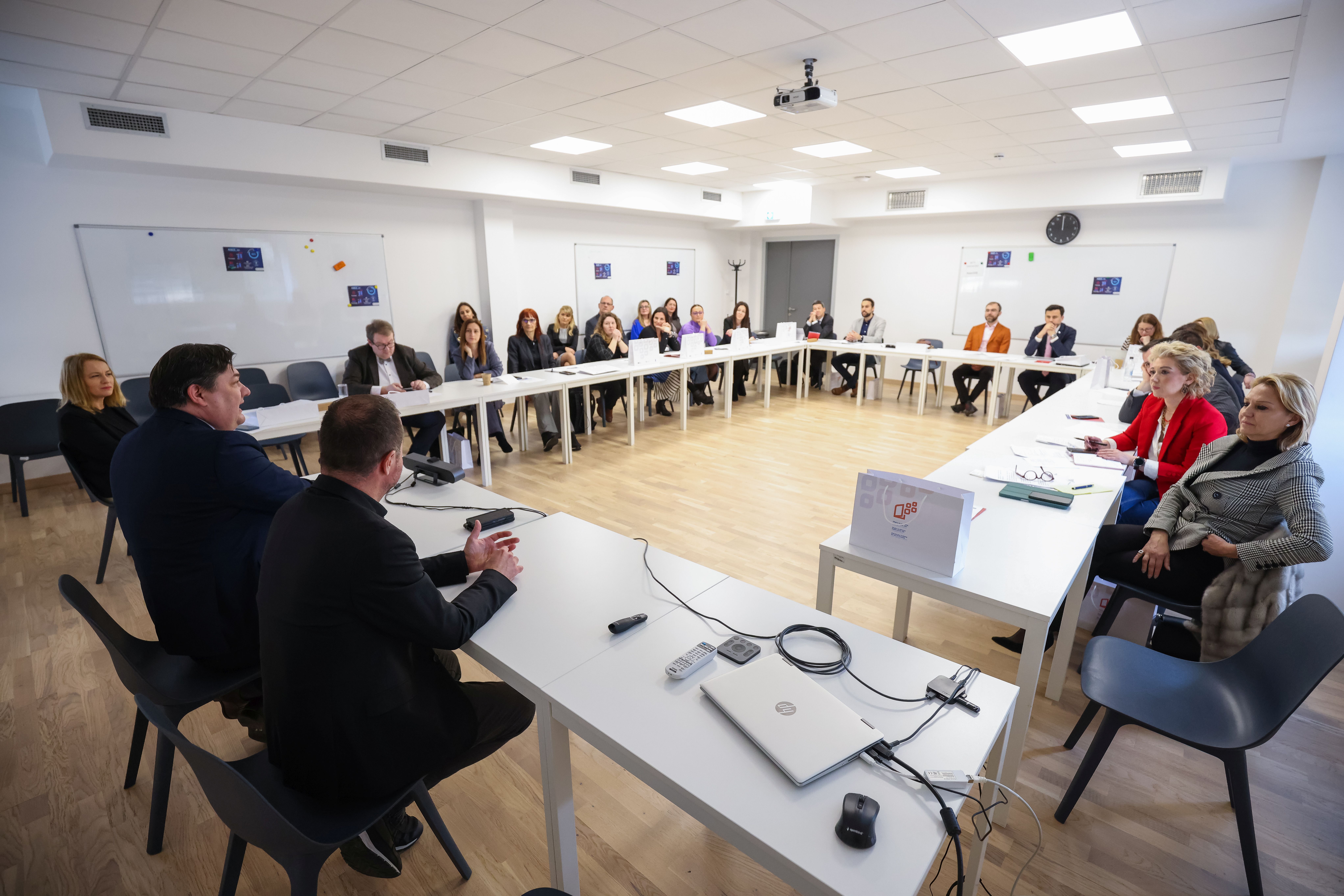


NISPAcee serves as a regional center of UNPAN unpan.un.org
September 11 - September 12, 2024
ICSD 2024
September 12 - September 12, 2024
Public Sector Strategies Against Climate Change
September 26 - September 26, 2024
Public Sector Economy Performance: Study Results and Dashboard Launch
October 1 - October 3, 2024
Financial Management and Control of New EU Structural Funds Programmes 2021-2027
October 3 - October 3, 2024
Collaborative Governance: Avoiding Pitfalls and Materialising Promises
October 14 - October 16, 2024
EU Law for Non-Lawyers
October 17 - October 17, 2024
Beyond Borders: Innovating Customs for a Connected World
October 22 - October 24, 2024
Monitoring and Evaluation of EU Structural and Cohesion Fund Programmes
November 6 - November 12, 2024
Cohesion Policy Project Appraisal 2021-2027, CBA, and Economic Appraisal
November 6 - November 15, 2024
Understanding EU Decision-Making
Capacity Development Snapshot 2023 of the UN DESA/DPIDG
Central European Public Administration Review accepted for inclusion in Scopus
Central European Public Administration Review - new issue has been published
Call for applications for Public Sector Innovation and eGovernance MA programme
UNPAN Partners’ Newsletter July – August – September 2023
INVITATION:KosovaPAR2023 Conference on PAR for an Agile and Resilient Governance
DPIDG/DESA and the International Budget Partnership (IBP) Handbook for Auditors
CEPAR new issue Vol 21 No1 (2023)
Call for papers for EGPA 2023 Conference, Zagreb, Croatia, 5-7 September 2023
Freedom House NEW REPORT: Global Freedom Declines for 17th Consecutive Year



Juraj Nemec
 Price: 0 € Order
Price: 0 € Order






